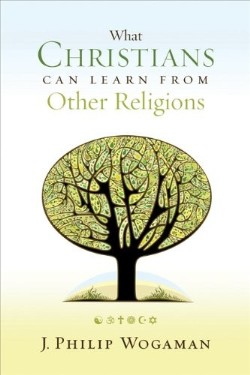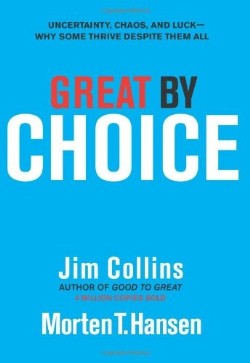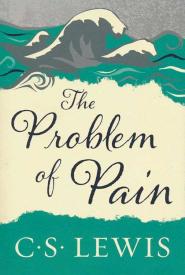What Christians Can Learn From Other Religions
$19.00
Examining other religions provides Christians the opportunity to more deeply understand their own beliefs. Learning about other religions is not the same as learning from other religions, which can have great value to Christians who wish to strengthen their faith. In this book’s ten easy-to-read chapters, Wogaman shows readers what Christians can learn from different religions, such as Judaism, Islam, Hinduism, Buddhism, and even from atheism. From these religions Christians can achieve insight into love, sin, ritual, the importance of myth to convey truth, the foundational roots of Christianity, the dark side of Christian history, and many other important ways to see and interpret the world and to understand God. The book concludes with a chapter on what other religions can learn from Christianity. Perfect for church study groups, each chapter ends with questions for discussion.
in stock within 3-5 days of online purchase
SKU (ISBN): 9780664238377
ISBN10: 0664238378
J. Philip Wogaman
Binding: Trade Paper
Published: March 2014
Publisher: Westminster John Knox Press
Print On Demand Product
Related products
-
And The Two Became One Journal
$16.50Add to cartHARDCOVER, COPTIC BOUND JOURNAL: Allows book to lay completely open when flat for ease of use
192-LINED PAGES: Journal measures 6.5 x 8.5 x 0.75-inches
BECOME ONE: White with gold foil print; reads “And the two shall become one”
INCLUDES 8 ALTERNATING PHRASES: Each page has a different message about marriage, relationships and love
-
Great By Choice
$29.99Add to cartThe new question
Ten years after the worldwide bestseller Good to Great, Jim Collins returns with another groundbreaking work, this time to ask: Why do some companies thrive in uncertainty, even chaos, and others do not? Based on nine years of research, buttressed by rigorous analysis and infused with engaging stories, Collins and his colleague, Morten Hansen, enumerate the principles for building a truly great enterprise in unpredictable, tumultuous, and fast-moving times.The new study
Great by Choice distinguishes itself from Collins’s prior work by its focus not just on performance, but also on the type of unstable environments faced by leaders today.With a team of more than twenty researchers, Collins and Hansen studied companies that rose to greatness-beating their industry indexes by a minimum of ten times over fifteen years-in environments characterized by big forces and rapid shifts that leaders could not predict or control. The research team then contrasted these “10X companies” to a carefully selected set of comparison companies that failed to achieve greatness in similarly extreme environments.
The new findings
The study results were full of provocative surprises. Such as:The best leaders were not more risk taking, more visionary, and more creative than the comparisons; they were more disciplined, more empirical, and more paranoid.
Innovation by itself turns out not to be the trump card in a chaotic and uncertain world; more important is the ability to scale innovation, to blend creativity with discipline.
Following the belief that leading in a “fast world” always requires “fast decisions” and “fast action” is a good way to get killed.
The great companies changed less in reaction to a radically changing world than the comparison companies.
The authors challenge conventional wisdom with thought-provoking, sticky, and supremely practical concepts. They include: 10Xers; the 20 Mile March; Fire Bullets, Then Cannonballs; Leading above the Death Line; Zoom Out, Then Zoom In; and the SMaC Recipe.Finally, in the last chapter, Collins and Hansen present their most provocative and original analysis: defining, quantifying, and studying the role of luck. The great companies and the leaders who built them were not luckier than the comparisons, but they did get a higher Return on Luck.
This book is classic Collins: contrarian, data-driven, and uplifting. He and Hansen show convincingly that, even in a chaotic and uncer
-
Problem Of Pain
$17.99Add to cartFor centuries Christians have been tormented by one question above all — If God is good and all-powerful, why does he allow his creatures to suffer pain? C. S. Lewis sets out to disentangle this knotty issue but wisely adds that in the end no intellectual solution can dispense with the necessity for patience and courage.






Reviews
There are no reviews yet.